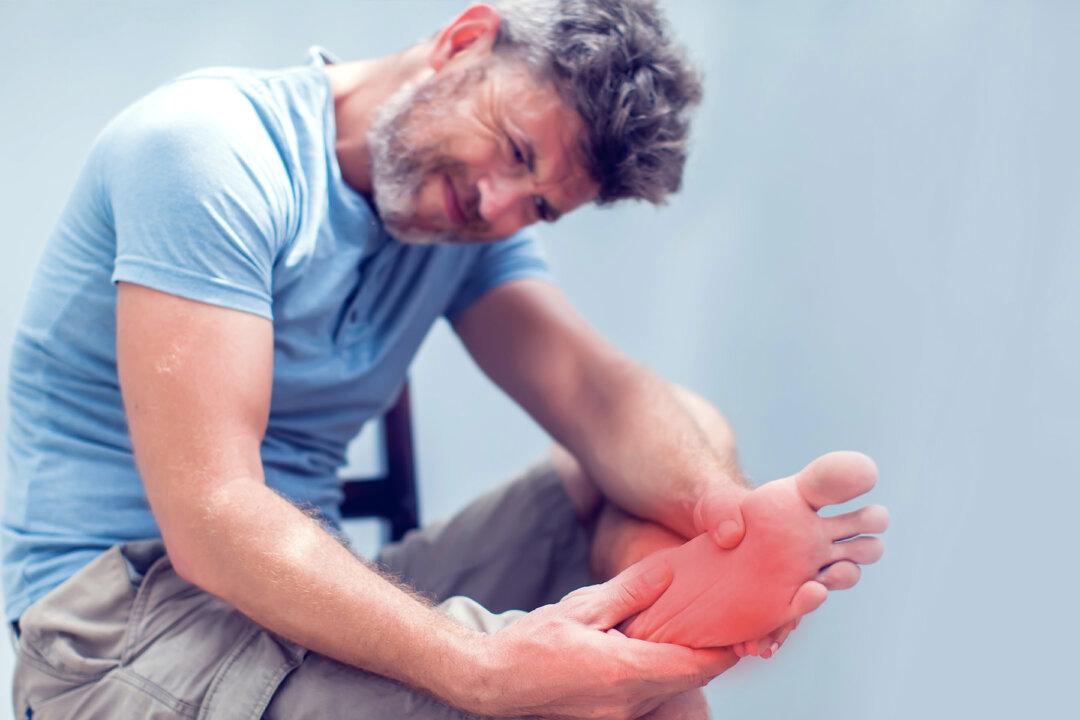Our feet are one of the most overworked parts of our bodies—literally. They carry us from place to place, take all the impact when we jump or run, and come in contact with everything from scorching cement to some pretty wild germs.
We think of our feet as tough and durable (and they are), so we don’t always spend too much time thinking about the aches, pains, and warning signs that they may give us. After all, it makes sense for them to feel sore when we walk miles or feel a little bit numb when we cram them into tight shoes for hours.





